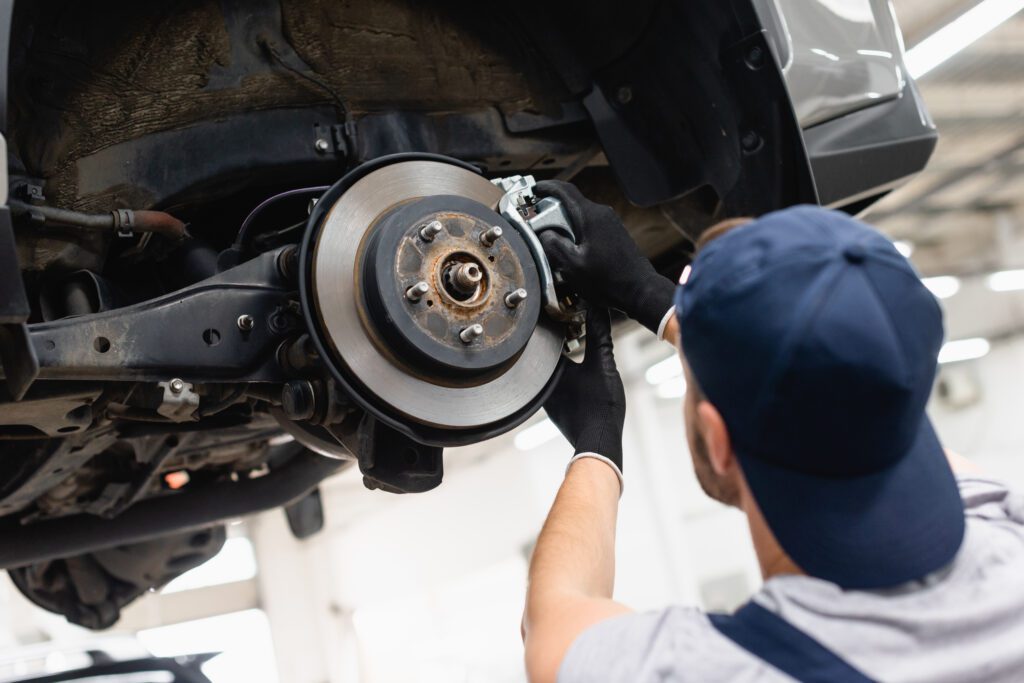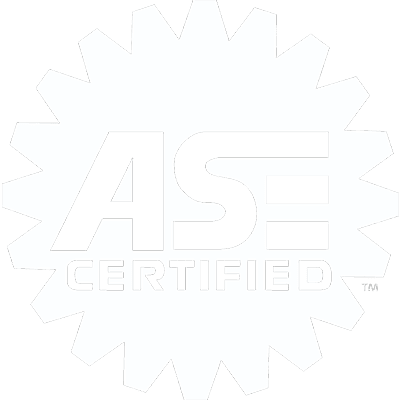60Your car brakes can typically last anywhere from 40,000 to 90,000 miles, depending on your personal driving habits and a few other factors. Your vehicle may require brake pad replacement which can cost anywhere from $100 to $150 per axle. This means that if you can make your car brakes last longer, you can end up saving a lot of money in the long run.
In this blog, our team from Aloha Auto will help you take a look at a few top practices that can help you extend the overall life of your car brakes.
Even though you should always get your brake pads replaced if they start to make a screeching sound or when you notice a significant decrease in performance, these tips and tricks can help you save both time and money.
Speed is the enemy
When it comes to your vehicle’s braking system, a full and complete stop from a high speed is absolutely the most critical cause of premature brake wear. Speed causes your vehicle’s brake pads to wear exponentially – which means coming to a complete stop from 60 mph rather than 50 mph forces your car brakes to dissipate 33% of more energy.
Since brake pads work by transforming energy into heat, they will get worn out much more quickly the more energy you make them dissipate. If you decide to slow down a little bit, you can end up saving a lot of wear and tear on your car brakes.
You should never “2 foot” your pedals.
This is a very important step that you need to pay attention to. You, as the vehicle’s driver, should always avoid “two footing” your pedals. If you have a habit of tapping your brake pedals with your left foot and keeping your right foot on the accelerator, it is something that you need to ignore. All it does is lead to more brake taps that do not help stop your vehicle and cause premature wear.
Coast as much as you can.
It would help if you considered paying more attention to the traffic flow, slowed down or stopped vehicles that are ahead of you, and coast, whenever you can, to decrease your speed as opposed to breaking.
A great example of this is going uphill. When you drive uphill towards a stopped car, why do you bother breaking before you crest the hill? All you need to do is simply coast up and lose some speed, then apply your car brakes when you really need to.
Or, if you are driving on a freeway off-ramp, all you need to do is coast from 70 to 50 MPH and then apply the vehicle’s brakes in order to slow down the rest of the way. Doing this will help you extend the lifetime of your breaks drastically.
Braking is not always an emergency.
This advice will not only help you save money on brake wear and tear but also on gas. Do you see a red light or a stop sign coming up? You need to start coasting and slowing down! There is no reason for you to step on the gas and hurry to stop when the car driving ahead of you is clearly not moving. All you are doing is wasting fuel – and when you stop, you will put a lot of wear and tear on your brake pads.
Try keeping your vehicle as light as possible.
Most vehicle owners do not keep a lot of heavy things in their car, but if you keep your vehicle loaded, that weight can add up and lead to an enormous kinetic load that your brake pads must halt when stopping. This does not just apply to the objects inside your car either. Aftermarket stereo systems, wheels, body panels, and other customizations can also make your car much heavier, which results in a shorter brake pad life.
You need to flush your car brakes every two years.
Your vehicle’s brakes need to be bled and flushed every two years, even more so if you have an older vehicle. This will help your car brakes to work more effectively and help your internal components last longer. This is done because brake fluid naturally attracts water. This moisture can boil during repeated brake use or emergency braking situations, reducing your vehicle’s braking effectiveness. Moisture can also result in your vehicle rusting from the inside, which reduces your brake components’ lifespan, such as rubber seals.
Regardless of how long a typical braking system must last, you should always pay attention to any signs of your car brakes going bad such as fading power or pulling to a particular side during braking.
These signs are an indication that your vehicle’s brake pads are going bad, and since they are critical to your car’s optimum operation, you need to get them fixed ASAP.
Get in touch with Aloha Auto Repair today!

How Can I Extend The Life Of My Car Brakes?
If you feel like there are some wear and tear on your vehicle’s brakes or you simply wish to get your car brakes checked, you can get in touch with Aloha Auto Repair.
With years of professional auto repair experience, all our professionals working at Aloha Auto Repair in Allen, TX, know how to fix your breaking problems without much effort. We will not only fix the issues but will also give you more tips and tricks on how you can get the most out of your vehicle’s braking system.
Give us a call at (469) 656-1124 or contact us online to book your auto repair appointment today.




 ©2024 Drive Automotive Services Group
©2024 Drive Automotive Services Group